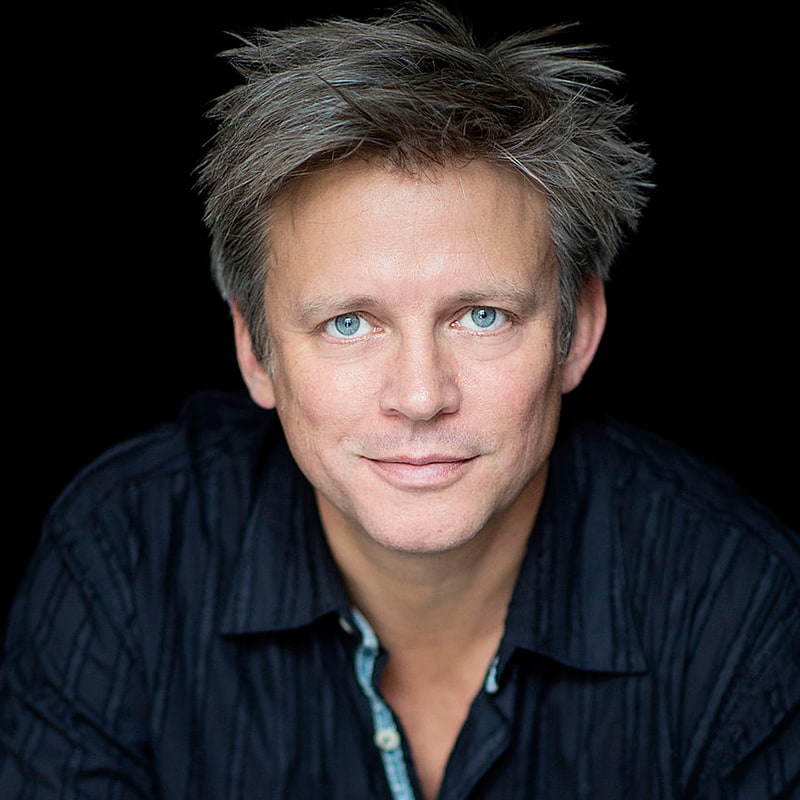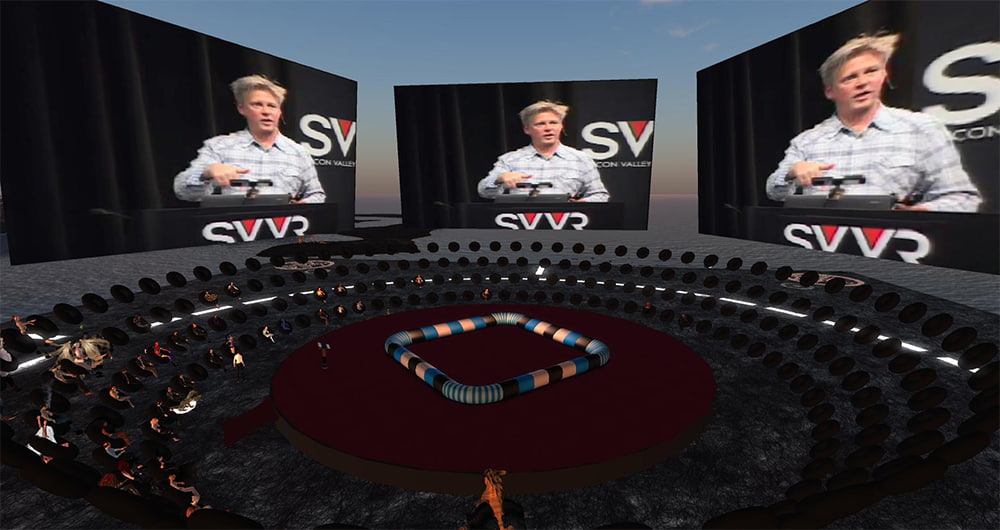
"I'm not building a game. I'm building a new country."
- Philip Rosedale
The world is more than a handful to a number of people. To them, the world is too big that enough is enough. But to some others, the same world is apparently less than enough that they demand more of it.
The internet's growth cannot be stopped, and not only that the technology allows people to communicate and reach others that are half-way across the globe, as it also allows people to create something inside it.
And that something includes a new world where people can actually live inside it.
Just like in the real world, the internet allows the creation of a digital world where people can do activities they normally do in real life.
The person considered the pioneer that brought this technology to the public, is Philip Rosedale.
The American entrepreneur is the person behind the virtual world Second Life, the digital world that has its own cult following.
Early Life And Career
Philip Rosedale was born in 1968 in San Diego, California, U.S.. After seen having a passion in technology, particularly in computers, his family allowed him to pursue his interest, in which Rosedale eventually founded his own company.
His company he founded when he was 17, conducted business by selling database systems.
Rosedale who showed success right from the start, used the money he earned from his business to fund his studies, and also to attend the University of California in San Diego. There, he graduated with a degree in physics and computer science.
It was in 1995, that Rosedale developed FreeVue, a video conferencing software users could use with the internet.
It was such an advanced technology, that it was acquired by RealNetworks.
Through the acquisition, Rosedale became its Vice President and Chief Technology Officer.
Rosedale left RealNetworks about a year later, and founded Linden Lab.
It was through this San Francisco-based company, that Rosedale became famous for.
The Second Life
With Linden Lab that was founded in 1999, Rosedale's initial intention was to allow people to become immersed in a virtual world through a hardware users should wear on their shoulders.
But since the steel contraption was a failure, Rosedale quickly shifted the company's focus to create a virtual world instead.
The goal was to create 3D world, where people can socialize. This effort was proven attractive and managed to earn the public's interest, that the company eventually transformed everything from the initial objective-driven, gaming focus to a more user-created, community-driven experience Second Life.
It was since this time, that Second Life saw a period of exponential growth of its user base.
Making its way in the relatively young internet, Second Life experienced humongous growth, that it peaked at one million regular users in just a few years time.
The unique things about the platform is that, it allows people to "live" inside the virtual world. Users who are called "residents," can interact with places, objects and other avatars. They can explore the world (grid), meet other residents, socialize, and even particulate in individual or group activities.
Users could build and create things, shop and even trade goods.
It even allows users to earn money through its own virtual currency, the Linden Dollar, which is exchangeable with real world currency.
With the creation of Second Life, Rosedale fulfilled his lifelong dreams of creating an internet-scale virtual world where people can actually live in it.
It began to receive even more publication, when it was showcased in a cover story by BusinessWeek magazine, and when it featured Anshe Chung, the avatar of Ailin Graef, the "Rockefeller of Second Life."
Through his avatar, Graef was the first 'virtual millionaire' who earned his money with Second Life.
In 2008, Rosedale stepped down from his role as the CEO of Linden Lab and assuming the role of Chairman of the Board of Directors.
In June 2010, Rosedale returned to the office and took back the CEO role. But months later, he stepped down again, and announced he was leaving his position as interim CEO.
The 'Metaverse'

Second Life is very similar to a MMORPG, or massively multiplayer online role-playing games.
But nevertheless, Linden Lab emphasized that Second Life is not a MMORPG, and not a game.
This is because Second Life doesn't have a designated objective that users must complete to advance, nor traditional game play mechanics or rules.
While it does allow interactions between users, just like MMORPG, it doesn't have any stipulated goals.
In short, Second Life is an extensive world that can be explored and interacted with, and it can be used purely as a creative tool set if the user so chooses.
"There is no manufactured conflict, no set objective."
Philip Rosedale's intention in creating Second Life, was to demonstrate a viable model for a virtual economy or virtual society.
"We don't see this as a game," Rosedale once said in 2006. "We see it as a platform that is, in many ways, better than the real world."
"We see it as a platform."
Rosedale succeeded when Second Life has had cult followings.
There were fans of the platform, where many people would do anything to have "a second life" with it.
In the world conquered by companies working on their own metaverse, and in a world where Augmented Reality and Virtual Reality have become a norm, Second Life slowly became a relic of the past.
But still, Second Life is one of the earliest example of a "metaverse."
Although the term metaverse was coined by Neal Stephenson through his novel Snow Crash, Rosedale insisted that his vision of a virtual world predates Stephenson's book. He said that he conducted early virtual world experiments during his college years.
Read: The Metaverse 'Is Not For Everybody, And Maybe It's Never For Everybody'
Personal Life
Second Life has earned Rosedale numerous awards and accolades.
Besides his works with Second Life, Rosedale also works on other projects, including Coffee and Power, which he calls a "metacompany."
He is also involved in businesses with WorkClub and High Fidelity.
Philip Rosedale is married to Yvette Rosedale.
The couple lives in San Francisco with their four children.
